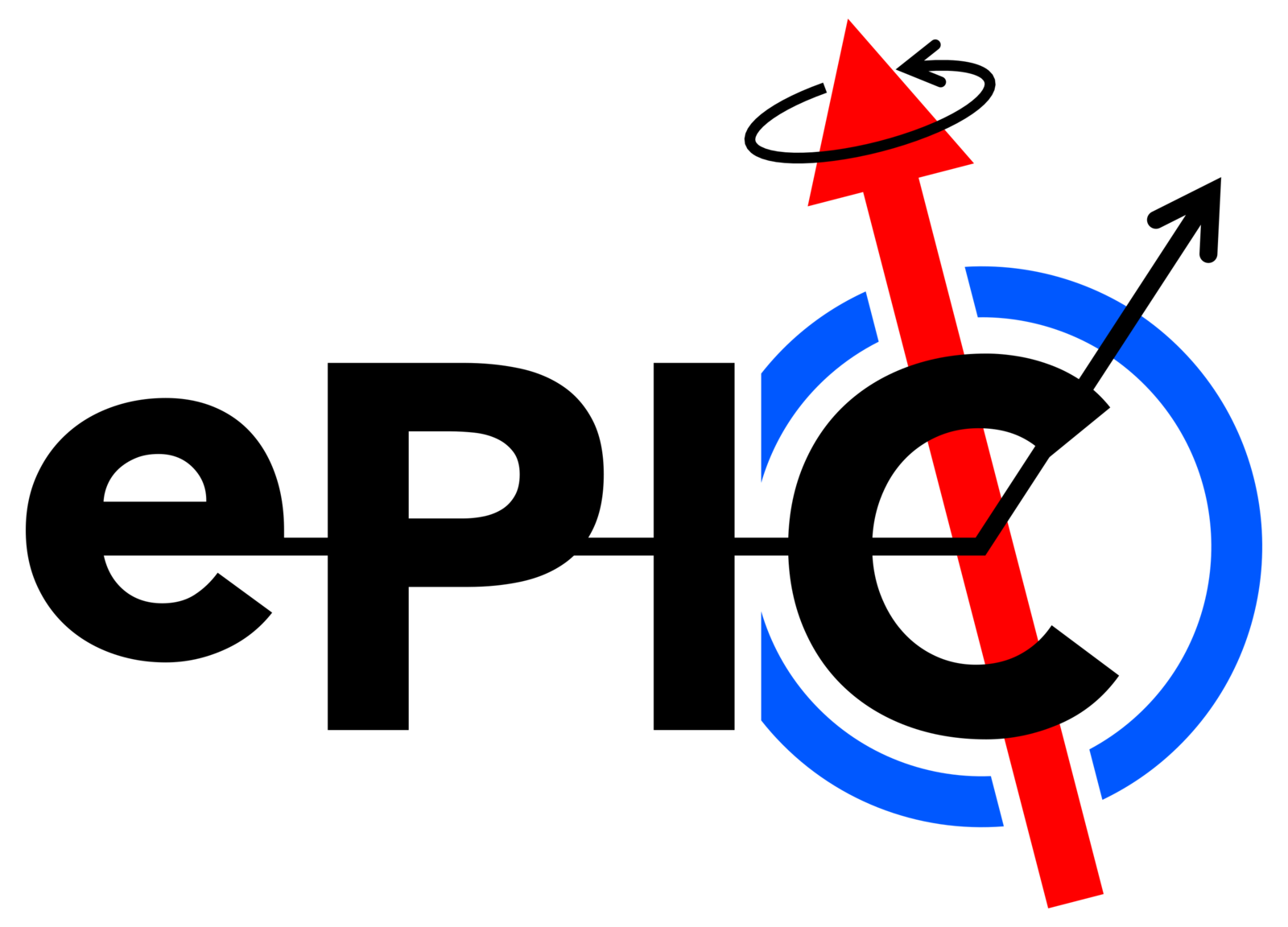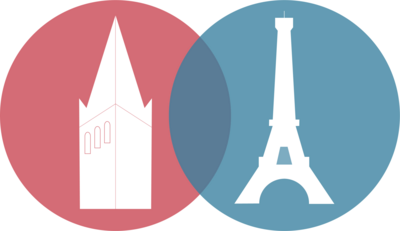ACTS4NP - Workshop on ACTS Tracking for Nuclear Physics 2025
NERSC building (B59-3101)
Lawrence Berkeley National Laboratory
The first ACTS Tracking for Nuclear Physics 2025 (ACTS4NP) workshop aims to bridge the ACTS tracking software community and nuclear physics experiments that might want to (or already) use ACTS for particle trajectory reconstruction in their detectors. We also encourage members of HEP, dark matter, and other physics communities to attend and share their experiences on track reconstructions!
In this workshop, ACTS experts from France and CERN will be present in person to facilitate discussions and hands-on work on ACTS implementation and tutorials. There will also be a mini-symposium on tracking with GPU and AI/ML.
Zoom info:
Meeting ID: 944 9960 0303
password: workshop name in lower case (7 characters)
Venue
This workshop will be hosted at Lawrence Berkelely National Lab.
• May 12-13: B70A-3377
• May 14-15: B59-3101 (NERSC building)
Registration
Attention: the registration is reopened to accommodate online participants (who can connect to some but not all presentation sessions). Please contact the organizer before you submit a new in-person application.
We welcome participants from nuclear physics and related areas. This workshop is supported by the France-Berkeley Fund. Registration is free. Please submit your registration at your earliest convinience so that we have time to process your Berkeley Lab site access.
• Registration deadline: March 15, 2025.
• You could register with "remote" option to receive zoom link for presentation sessions later.
• Time slots for short contribution talks are available.
• Lunch box will be provided.
• Please indicate if you are interested in the off-site social dinner, and LBNL tours.
Agenda
The agenda is under development. A large fraction of the time will be reserved for in-person discussion and hands-on sessions dedicated to using and contributing to ACTS.
There will be topical discussions in the afternoons (e.g. EIC, telescope-type detector, drift chamber/TPC). If there is a specific subject you would be interested in seeing discussed, don't hesitate to bring it up to the organisers.
Letter of Invitation: If you need a letter of Invitation to the workshop, please get in touch with the organisers.




This event is supported by the France-Berkeley Fund
